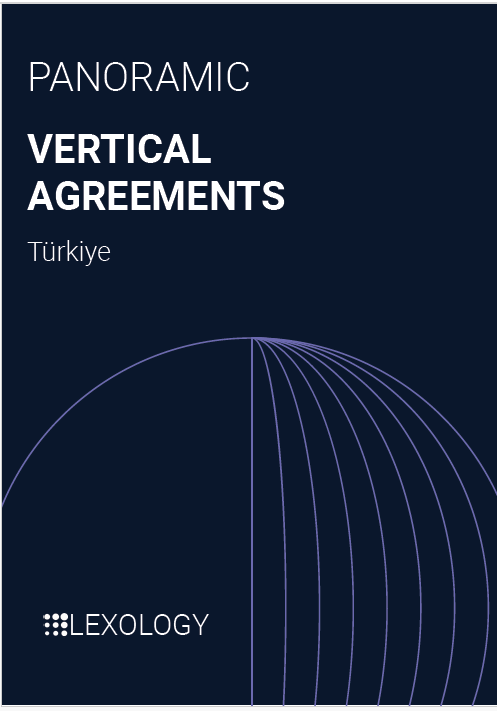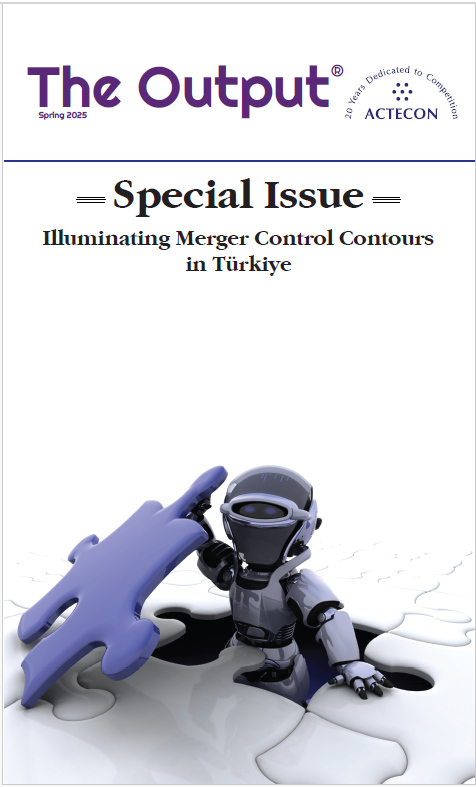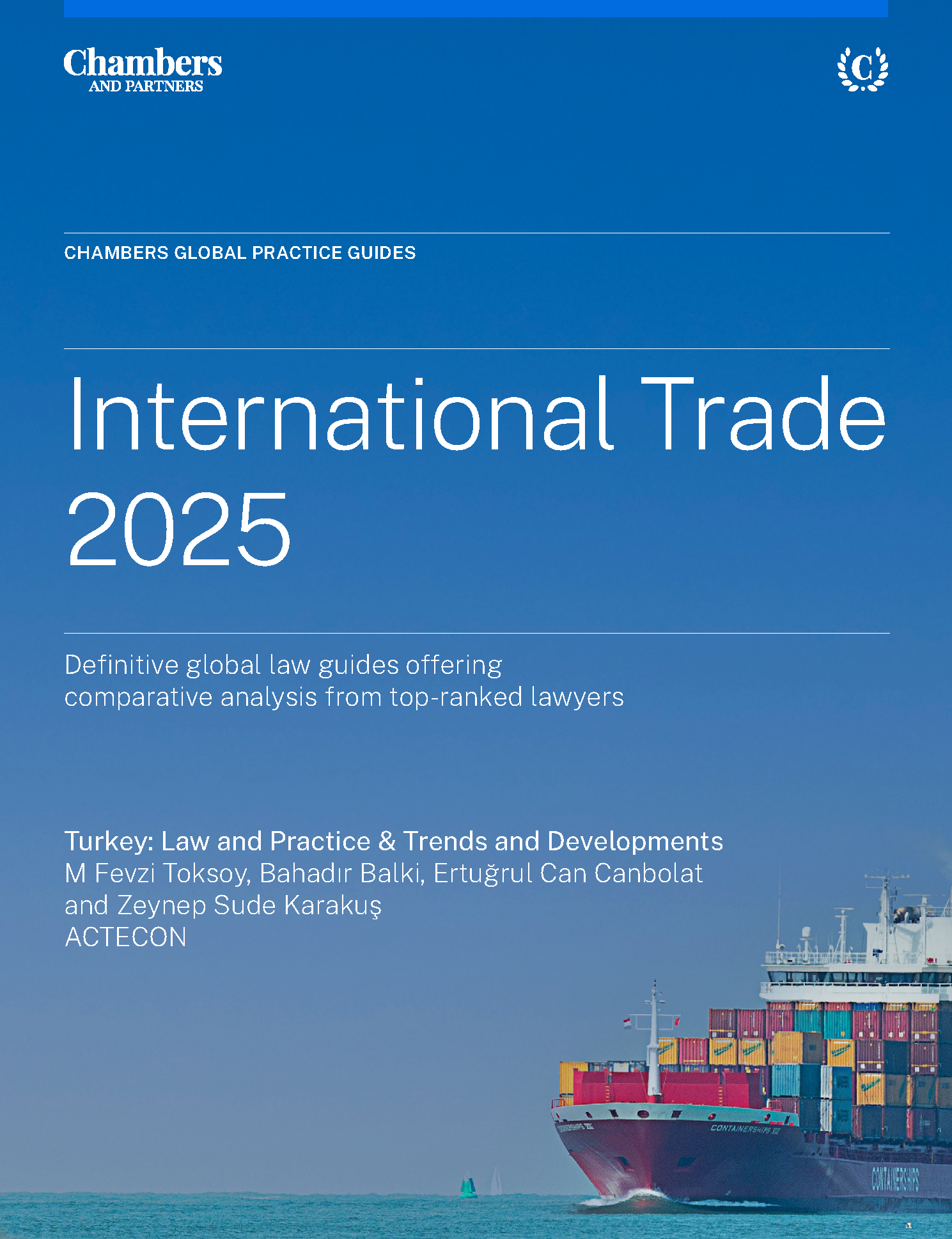The Turkish Competition Authority concludes its investigation into an online marketplace, accepting commitments to remedy the platform’s automatic abusive pricing mechanism (Trendyol)
| Competition Law

Article By Ertuğrul Can Canbolat, Can Yıldız, Yavuz Kayhan
The Turkish Competition Authority (“TCA”) announced [1] that it concluded with commitments the investigation launched in October 2023 into the allegations that the automatic pricing mechanism offered by DSM Grup Danışmanlık İletişim ve Satış Ticaret AŞ (“Trendyol”) in the multi-category e-marketplace market violated the provisions of the Law No. 4054 on the Protection of Competition (“Competition Law”).
The commitments proposed by Trendyol provided a constructive resolution to these issues, ensuring that the automatic pricing mechanism would not hinder competition or result in any anticompetitive outcomes. By removing the “Match the Buybox Price” option, refraining from incentivising sellers to use the system, and implementing measures to maintain price variation, Trendyol has committed to fostering a more competitive and transparent marketplace.
Additionally, the company’s efforts to educate its staff on competition law and ensure ongoing compliance through reporting to the TCA demonstrate a proactive approach to addressing regulatory concerns.
This case not only underscores the importance of maintaining fair competition in the digital economy but also exemplifies how regulatory frameworks can adapt to address the unique challenges posed by online platforms and automated pricing systems.
The Practice
The Buybox System
In late 2021, Trendyol introduced an automatic pricing mechanism designed to automate rivalry among sellers vying for the buybox. In e-marketplaces, where thousands of sellers often offer the same product, it is common for multiple sellers to compete to sell the same items. To streamline the shopping experience and avoid overwhelming users with extensive lists of sellers for the same product, marketplaces have implemented the buybox system.
The buybox consolidates identical products from different sellers under a single heading. Using algorithm-defined metrics, it identifies the seller that offers the greatest benefit to customers, placing that seller at the top of the list when users search for the product. When a user clicks “Add to Cart” or “Buy Now”, the product from the seller winning the buybox is selected. As a result, being featured in the buybox is critical for sellers in terms of visibility and sales.
Through the automatic pricing mechanism, sellers are given three options: “Match the Buybox Price”, “Stay Below the Buybox Price”, or “Stay Above the Buybox Price”. Sellers can choose any of these options to automatically update their prices.
They maintain full control over the rules they set, and the price of the seller who holds the buybox is used as the reference price. The Concerns The investigation raises concerns that sellers may become less inclined to set varying retail prices, leading to potential price rigidity across products listed on the platform. This issue could arise due to the cumulative effect of (i) an increasing number of sellers utilizing the automatic pricing mechanism, particularly the “Match the Buybox Price” option, (ii) and the optimal functioning of the mechanism providing the desired results in the future, exacerbating the utilisation of this option.
The Commitments
During the ongoing investigation, Trendyol requested to propose commitments. Trendyol’s commitments were deemed adequate to address the competition concerns raised within the scope of the file and were made binding under Article 43 of Competition Law, concluding the investigation without any fines.
Within the scope of the commitments proposed and deemed binding upon it, Trendyol shall:
• maintain its policy of not requiring sellers to use the automatic pricing mechanism and will refrain from providing any incentives that could effectively compel sellers to use it.
• ensure that the automatic pricing mechanism does not allow the targeting of specific seller(s) when setting pricing rules.
• remove the “Match the Buybox Price” option from its automatic pricing mechanism, leaving sellers with only the “Stay Below the Buybox Price” and “Stay Above the Buybox Price” options. Additionally, these remaining options will be configured to prevent them from achieving the same outcome as the “Match the Buybox Price” option—for example, by prohibiting settings that allow prices to remain exactly 0% or TRY 0 above or below the buybox price.
• ensure that the use of the automatic pricing mechanism by sellers is not a factor in determining buybox eligibility within its algorithm.
• provide sellers with information about the features of the automatic pricing mechanism but will continue to refrain from sharing data about other sellers’ use of the mechanism.
• make training materials on the operation of the automatic pricing mechanism available to sellers and will also provide its staff with competition law training, addressing the concerns and commitments outlined during the investigation.
• submit reports to the TCA for three years to ensure ongoing compliance with the commitments.
The commitments will take effect 60 days after Trendyol is notified of the short decision, and they will remain valid for as long as the automatic pricing mechanism is in use.
Conclusion
The investigation initiated by the TCA into Trendyol’s automatic pricing mechanism highlights the complexities of regulating digital marketplace practices in a rapidly evolving e-commerce environment. The concerns raised during the investigation, particularly the potential for price rigidity and the cumulative effect of automated pricing on competition, reflect the broader challenges associated with the use of algorithmic pricing systems in multi-seller online platforms.
The commitments proposed by Trendyol provided a constructive resolution to these issues, ensuring that the automatic pricing mechanism would not hinder competition or result in any anticompetitive outcomes. By removing the “Match the Buybox Price” option, refraining from incentivising sellers to use the system, and implementing measures to maintain price variation, Trendyol has committed to fostering a more competitive and transparent marketplace. Additionally, the company’s efforts to educate its staff on competition law and ensure ongoing compliance through reporting to the TCA demonstrate a proactive approach to addressing regulatory concerns.
This case not only underscores the importance of maintaining fair competition in the digital economy but also exemplifies how regulatory frameworks can adapt to address the unique challenges posed by online platforms and automated pricing systems. The reasoned decision, which is yet to be published, will further shed light on the details of the competitive concerns identified and how the commitments proposed by Trendyol addressed them
Footnote: [1] https://www.rekabet.gov.tr/tr/Guncel/dsm-grup-danismanlik-iletisim-ve-satis-t-b3da5d0675adef1193d70050568585c9







